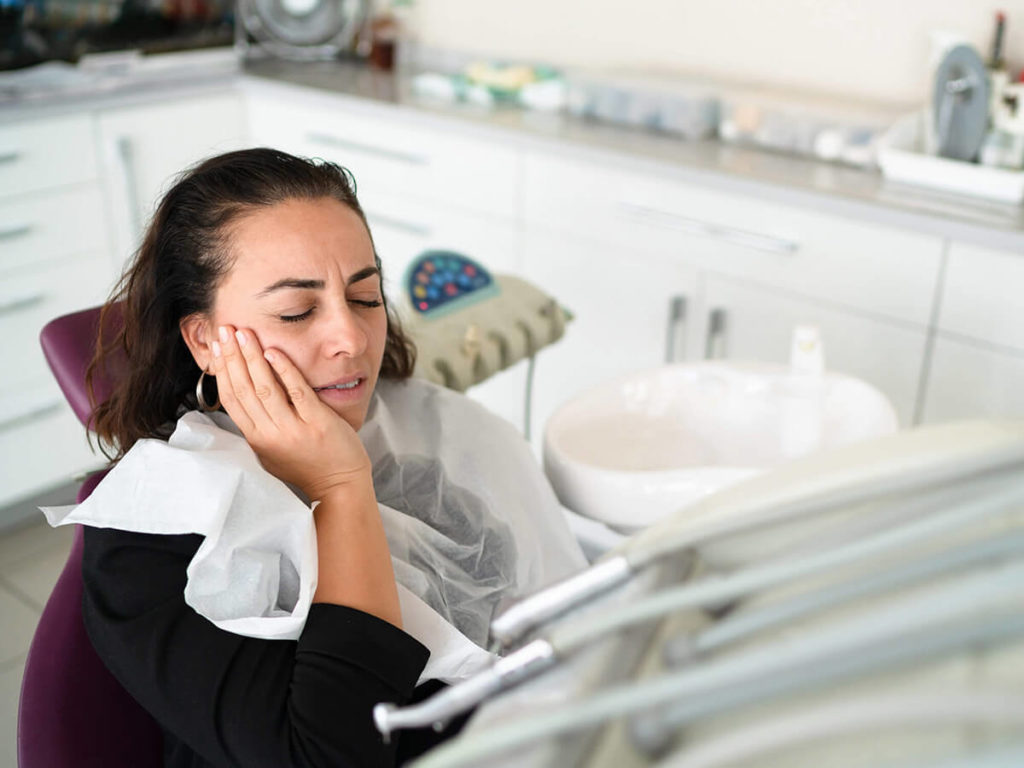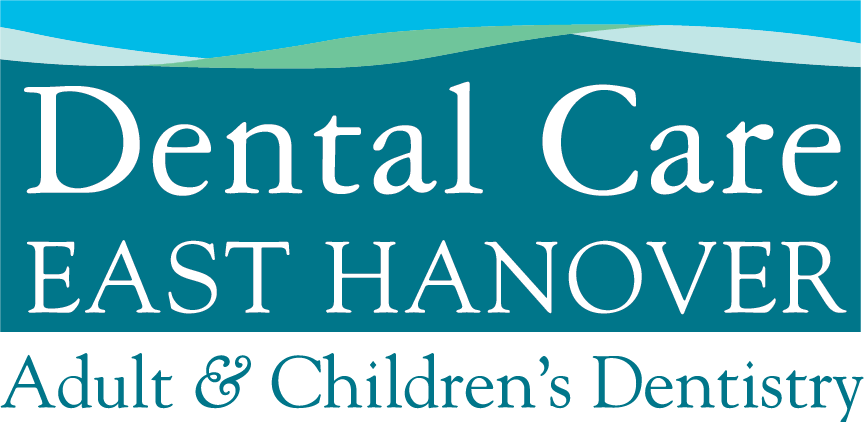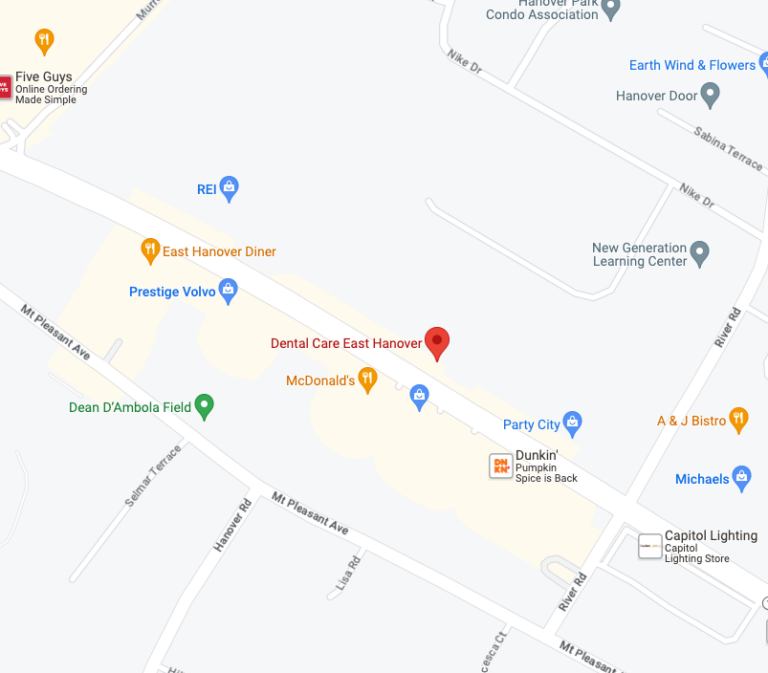Emergency Dentistry
If you’re having neck or head pain, are bleeding uncontrollably, are feeling dizzy, or have suffered severe trauma, please seek immediate medical attention by calling 911 or by getting transportation to the nearest medical facility. Medical personnel are best equipped to assist you with symptoms such as these.
Your Trusted Emergency Dentist In East Hanover, NJ

-
What is a dental emergency?
There are several types of dental emergencies. Examples of dental emergencies can be things like a sudden and severe toothache, an accident that chips or cracks a tooth, a damaged or loose restoration, or a lost or damaged tooth. To know if your situation is an emergency, ask yourself the following questions:
- Are you in severe pain or experiencing severe swelling?
- Do you have a painful toothache that will not subside?
- Do you have a loose or knocked-out tooth?
- Do you have swelling in your cheeks or face in combination with a toothache?
- Are you experiencing extreme tooth sensitivity?
- Are you bleeding from the mouth that will not stop?
- Is your jaw injured?
In general, any dental problem that needs immediate treatment to stop bleeding, alleviate severe pain, or save a tooth is an emergency. This also applies to severe infections that can be life-threatening and require professional care as soon as possible.
-
What’s the best way to handle a dental emergency?
The best thing you can do when you have a dental emergency is to contact your dentist. If the issue is very severe or out of regular office hours however you should go to the nearest emergency room.
Depending on the dental emergency you are experiencing, there may be some things you can do to help ease your pain and help the situation. Some things to try include:
- Dissolve a teaspoon of salt into a mug of warm water and use it as a mouthwash
- Try flossing to eliminate any gum pressure
- Use a cold compress on the swelling or painful area
- Rinse with diluted Hydrogen Peroxide to kill bacteria
- Take over-the-counter pain medication to alleviate pain
-
What should I do if I have a knocked out tooth?
Don’t touch the roots or top of the tooth. The roots of your teeth are delicate, only pick up and handle your lost tooth by the sides and chewing surface.
Clean the tooth gently. You can use water or milk to gently rinse the tooth. Do not try to rub, scrub, dry off, or use soaps or chemicals to clean your lost tooth.
Put the tooth back in the socket, if possible. Once gently cleaned you should try to gently replace the tooth, handling only the sides and bottom. Once replaced you can softly bite down to keep it there. Make sure your tooth is oriented properly and not backward. Do not try to force it if it won’t fit properly.
If you can’t put it back, keep it moist. Putting the tooth in a glass of milk to soak is a great option. Alternately you can softly hold the tooth between your gums and cheek. Though this shouldn’t be done with younger children who could swallow the tooth. Don’t use tap water to soak a knocked-out tooth because it could damage the roots. If you don’t have cow’s milk and can’t hold your tooth in its socket or in your cheek, spitting into a container and soaking the tooth in saliva is the next best option.
Call the dentist. Getting to a dentist as quickly as possible is critical. It is possible to reattach a tooth an hour or more after it has been knocked out. However but the sooner you can see a dentist the better the chances are of reattaching it.
More Questions?
If you have more questions about emergency dental care, please contact our office and we will be happy to discuss further. Feel free to schedule an appointment online through the button below.

